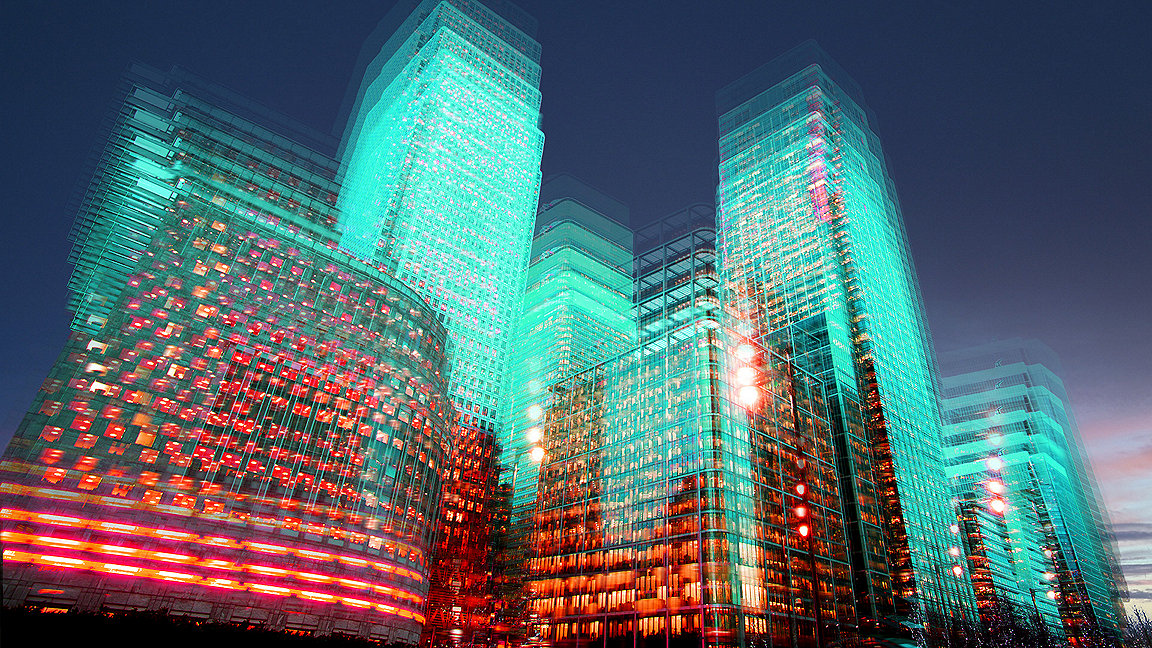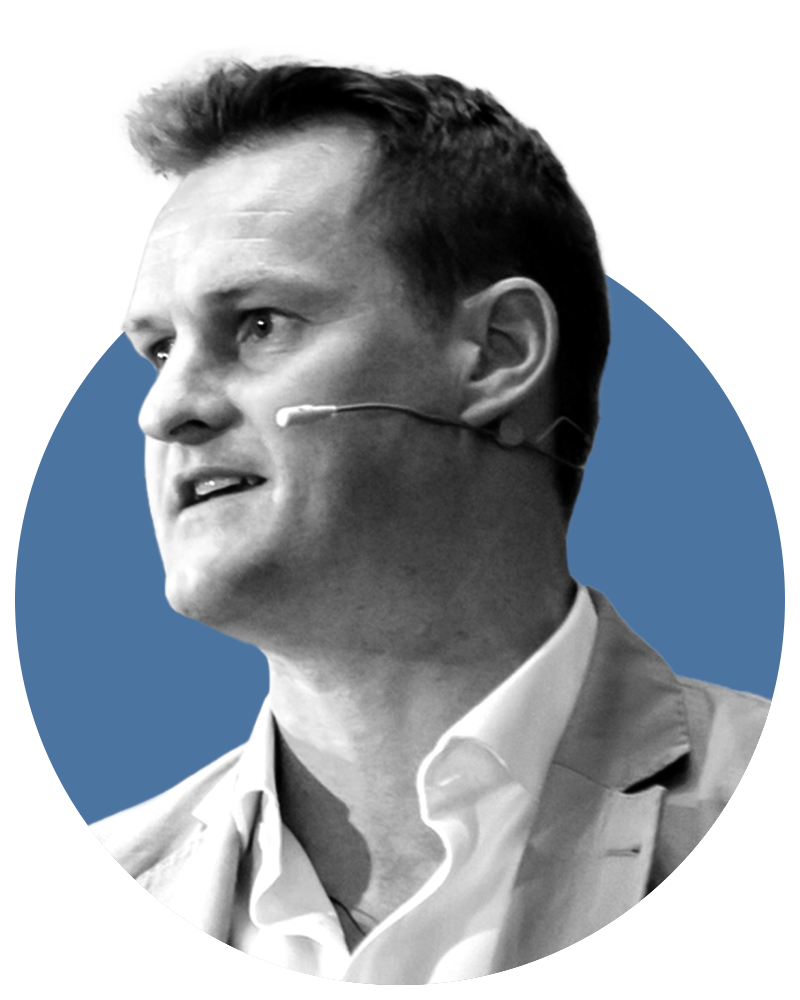
What effect will the metaverse have on the real estate sector and can professionals value virtual property?
In this Modus webinar for the World Built Environment Forum (WBEF), Karen Day speaks to three experts: Nicky Wightman, director of emerging trends at Savills; Frank Fitzgerald, founder and CEO of metaverse platform pax.world; and Dan Hughes, the founder of Alpha Property Insight.

Nicky Wightman

Frank Fitzgerald

Dan Hughes
Frank: It’s the 3D personification of the real world where individuals and communities can get together to interact and communicate with each other. In the gaming world, the game is primary and the people are secondary but in the metaverse the people are primary and the worlds are almost secondary.
Nicky: It’s an awesome first question because I think we could spend an hour debating that. There’s a lot of debate about what the metaverse is and what it could be. It’s super interesting that Frank went straight to talking about games, which I’m sure we’re going to discuss a lot more.
Definitions range from the next iteration of the internet, the idea of this immersive virtual world, and then the convergence of the physical and digital world.
Dan: How this 3D world does – or doesn’t – interact with real estate will be fascinating. We have virtual worlds but the metaverse is a step beyond those, it’s more connected, not just a place where you do online shopping.
Dan: In terms of offices, I think their future is really bright but they’re not going to be places where people go five days a week for work. They’re going to be used when staff all need to be in the same place at the same time for creativity and collaboration or the clichéd water-cooler moments. Having virtual worlds that we can operate in is going to increasingly change the demand for buildings.
Increased use of technology is also going to change the role of buildings themselves. For example, we’re going to need more data centres. If people are buying and shopping online more but getting it delivered in the real world, we’re going to need more industrial space.
Nicky: My role at Savills focuses on this idea of how we will live, work and play in the future. Whether you think about the metaverse or just new technology much more broadly, technology is advancing across multiple fields and there’s this interplay between different kinds of technology. It’s already having a huge impact on us.
And we’re making best guesses here about the future, we can’t say for certain what these things are going to look like. Touching on the world of games again, we know that big international communities come together to create groups of people who are enthusiastic about a game or want to watch a music artist perform live in a virtual world. We see this great collision of creative spaces between the fashion industry and the world of games.
Frank: I’m designing multiple metaverse worlds. We have people wanting us to produce a digital replica of their specific areas. But replicas don’t work in the metaverse – avatars need wider doors to pass each other, they can’t just slip by each other as nicely. They don’t need bathrooms, ceiling heights have to be higher to third-person view.
Architects need to learn what that new space is and how it feels. There are so many opportunities, such as digital real estate agents selling new buildings, to mall systems and figuring out how that works in a metaverse space is a long learning process with a lot of trial and error.

“In the metaverse, the property isn’t based on finite space and location” Dan Hughes, Alpha Property Insight
“It’s not easy to be in real estate now and just say, “I’m not interested in this” Nicky Wightman, Savills
“The metaverse lets staff meet colleagues who might be currently working in another area of the world” Frank Fitzgerald, pax.world
Nicky: Savills has a working group specifically thinking about this type of technology and what it means to us and the broader real estate industry. That’s very much a conversation in process, we’re not concluded on what we think by any means.
Key is the idea that, within real estate, we are focusing on consumers and end-users of space and that’s a challenge for us to create environments that people want to spend time in. A more digitised day-to-day life is how most of us live.
It’s not easy to be in real estate now and just say, “I’m not interested in this.” I don’t think that’s a position that’s easy to take any more. Technology is fundamentally part of how real estate operates now and will be even more so in the future.
Frank: When digital listings of physical properties first appeared, people thought they would never need a real estate broker again because everybody could just look it all up online but [the property sector grew].
About 10 years ago 3D renders of properties started appearing and now, in the metaverse, we have digital replicas of apartments and offices. When someone enters, instead of having to contact the [agents], the agent can go into the property and say hello. It has that natural ‘bump-into’ factor.
We have conglomerates who are building huge [traditional] buildings that might take four years to complete, but the metaverse gives the opportunity for staff to walk around them now and meet colleagues who might be currently working in another area of the world. It allows them to get a sense of community and see what the building is like before it’s even built. It’s a way to experience the real estate itself.
Dan: There is an interesting challenge in the property market. People want spaces to be much more flexible and services-based. The way we charge people for office use will have to change. In the metaverse, the property isn’t based on finite space and location. So we have to take in other business models, such as advertising, to commercialise that space and, as the traditional real estate financial model diminishes, we might find that we learn lessons from the metaverse. For example, we will charge users more often for the micro-services that they use, we can use data and commercialise that. It’s different but it can be brought into the real estate world.
Frank: One of the reasons that we built pax.world is my kids spend hours on Roblox and Minecraft and live in these 3D worlds. It’s similar to the 2000s – the kids who were using social media started to move into the workforce and those platforms became part of their recruitment process, part of their marketing strategy.
I think we’re going to see the demand for 3D environments to work and play in, where we can communicate with each other. We will be looking at this Zoom call, with four people in 2D boxes, in 10 years as very antiquated technology.
Nicky: All conversations right now, come through a lens of the climate emergency. For me, one of the questions to be asking here, is does this make the climate issue better? It’s a really important conversation within the technology world – to what extent does the metaverse or other technology have an impact on climate change? If there were to be some demonstrable results about the kind of improved climate outcomes this technology delivers, then I can imagine there would be a lot more interest in this space.
Dan: Technology has many benefits, but the drawbacks can be that it uses a lot of energy. At what point does technology improve our impact on the planet?
More generally, the metaverse is going to change the way we use buildings as we move into a more in-depth 3D world. It will become more immersive, in particular for people who are used to gaming. While the metaverse isn’t a gaming platform, if a company isn’t thinking of those implications, then that’s going to be a problem, especially as a way of meeting staff.
Frank: The metaverse and the real world are going to have to learn to interact – for example, the placement of screens to show the metaverse world. There will be larger requirements on broadband to accommodate the metaverse.
Frank: If you’re just setting up your office for your staff and friends, it doesn’t have intrinsic value but, if you’re in those larger common spaces, it’s all about your neighbours, the transportation, the traffic flow etc. In many ways, it’s very similar to traditional real estate. If you see someone has space next to a large conglomerate, all that space becomes much more valuable. People also like being by water in both worlds.
Probably the most important metric of valuation on a virtual property is the functionality and utility of that specific world. Can you video chat? Can you modify it in real time? What is the accessibility for users?
Nicky: My view is that we will need mechanisms to create governance structures. Very broadly, there will be increased focus on governance and that could have implications for value. There’s already a lot of conversations about that and my guess is it will only intensify.
Dan: The way we value a real world and a virtual property is going to be very different. For example, a lot of the valuation in the real world is based on there being finite space and it being located close to somewhere else. The other thing is that real estate valuations have been very backward-looking and evidence-based.
The metaverse doesn’t have hundreds of years of history of valuations so that means looking at the asset as a business and the potential income. It will be much harder to be consistent but I think that will come over time.
We are also going to have to change our fundamental processes so that we’re not looking at making governance decisions every five to ten years, we will have to be much more quicker and more agile.
Nicky: My sense is there’s a rapid evolution happening in the built environment. Being cognisant with technology trends is already fundamental, even more so looking to the future.
We do a presentation in our business called The New Language of Real Estate and it’s not just about technology. The industry is changing tremendously at all levels. The language we use, the way we practice and do business is rapidly evolving. And the kind of people within the industry, by definition, are changing.
Dan: If we accept that the world is going to be more data- and technology-driven in the future, then we need a base-level of understanding about that. But human skills, such as cultural skills, are going to become more important. Technology is really good with data and counting and analytics, but it’s not so good at judgment, creativity, ethics. So professionals will need a combination of technological and human skills working together in harmony.
There are some cultural aspects of real estate that we need to challenge: we are slow-moving, low-risk, backwards-looking and evidence-based. That isn’t a criticism, that’s one of our strengths. The challenge is that technology isn’t like that it’s fast-moving and forward looking, so how do we combine those two cultures? That’s going to be difficult.
Frank: You need to be able to see what the possibilities are today but also see what it is going to be tomorrow. You need to be educated – everyone has a new idea about what they can do with the metaverse. You need a solid idea of how you can commercialise it.
Nicky: I’ve already mentioned that it can be a distraction from the fact that the planet’s on fire. That’s what we need to be focusing on right now.
There’s a huge conversation about who’s designing it for whom. There’s a very important question of diversity and inclusion, which should be uppermost in your mind. And that applies whether we’re thinking about a digital or a physical world. As a real estate industry, we’re getting better at asking questions about who’s designing space. And we need to ask exactly the same questions about digital space.
I always encourage people to read the book Invisible Women, which talks about the relationship between women and technology. And whatever lens for diversity you’re using, that’s got to be fundamental and a huge pitfall if it’s not uppermost in your mind.
Frank: We’re developing technology which we want to make sure is inclusive for people from all socio-economic groups both on the business side and the consumer side. That’s one of the things that concerns me most, leaving behind a whole socio-economic class outside the metaverse because they can’t afford the devices to enter it.
The other pitfall is inoperability – the problem is that a lot of technology doesn’t exist [that is needed]. Will the technology that we’re using now be around in ten years or will it migrate? Can I take this 3D model, pick it up and stick it in another metaverse?
Dan: I have three concerns. One is mental health – we’re using technology more and more, we’re all on devices, and that has benefits but also challenges. If we encourage people to use these devices, then we must have some answers to those challenges.
Two – more and more data being collected brings substantial privacy issues. Most of the world’s regulators are still behind on the ethics of this.
Three – if you’re operating in a virtual world, there are cyber-threats that need to be considered. If I tie in all these concerns with exclusion, diversity and the environment, we need to consider them rather than just move blindly into a much more digital future.
Dan: The benefits will be flexibility – the metaverse won’t replace the office or home but will allow us to have a much more immersive experience. There will be a knock-on effect of a benefit to the environment if we are using less transport.
Nicky: It will depend – so much is still unknown. If we think about the climate angle, there’s still a lot of work to do to understand the impact it could have.
What’s interesting potentially is creating a greater inclusivity. The potential to create these really diverse global populations, assuming everyone can afford to participate, is going to be possible. We begin to see this community, which is so often what’s at the heart of what real estate is about when we think about physical spaces. Most of the time we’re not talking about bricks and mortar but about the people that use the spaces.
Frank: Technology has a role in creating global peace [by connecting people]. We can provide education to anyone who can log in. In the metaverse, I can go in and bump into someone from South America or Africa who I wouldn’t meet otherwise.
The responses in this feature have been edited for conciseness and clarity. Watch the Modus and WBEF webinar in full here.